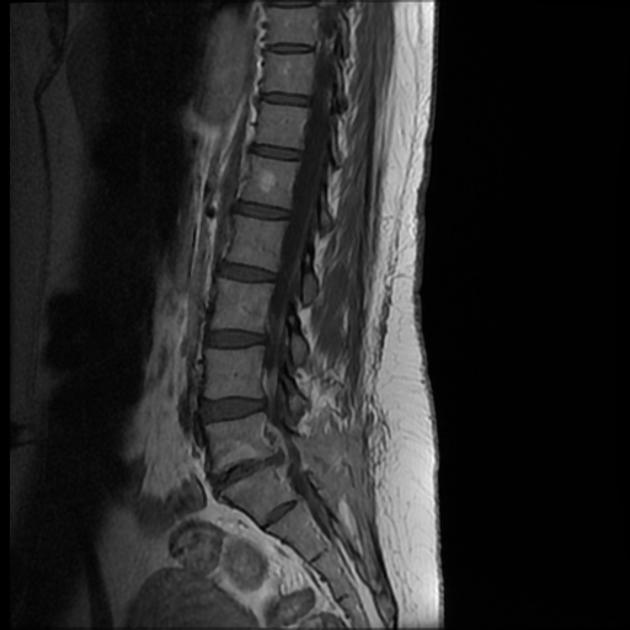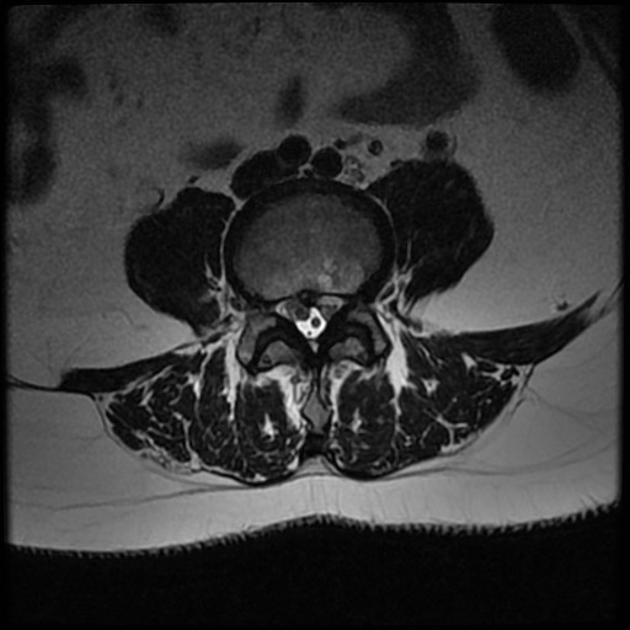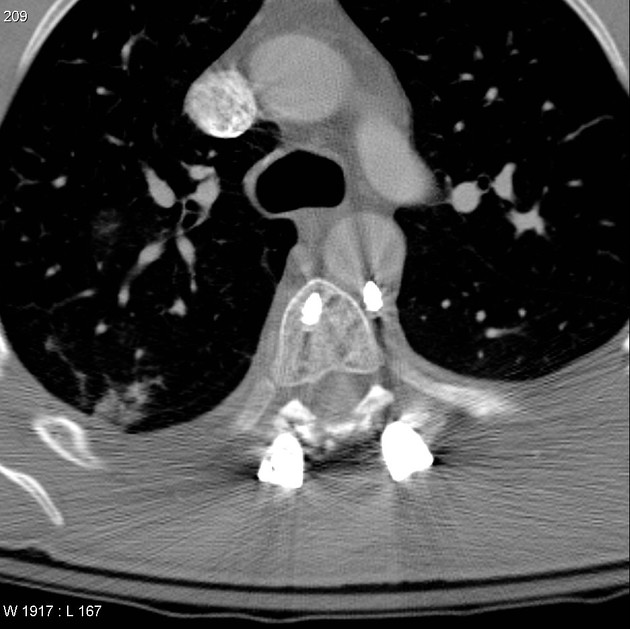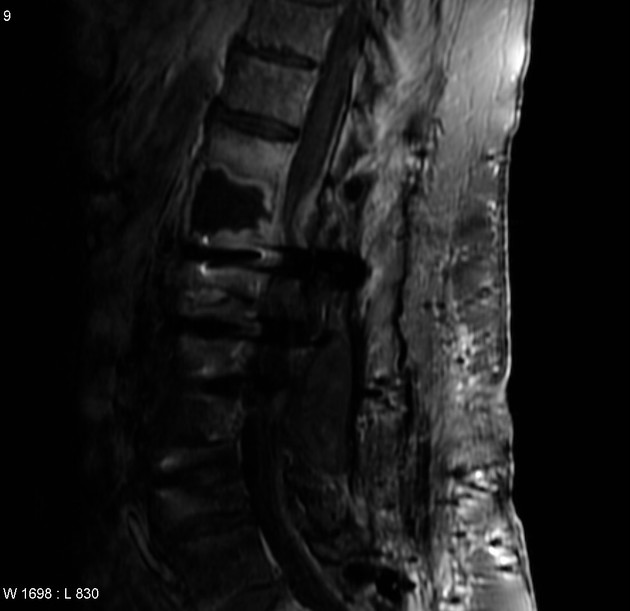Complications of spinal surgery are common and can occur at different time intervals after the surgery. Some of them are related to instrumentation, the procedure and/or the approach others are not. Anyhow, it is essential for the radiologist to be aware of them in the assessment of radiographs, spinal CT or MRI after surgery.
Spinal complications that might be unrelated to spinal instrumentation include 1-6:
- spinal haematoma
- pseudomeningocele/dural tear
- spinal infection
- wound infection
- wound dehiscence
- fracture
- seroma
- arachnoiditis
- radiculitis/nerve root damage
- failed back or neck surgery syndrome
- residual or recurrent spinal or foraminal stenosis
- recurrent disc herniation
- textiloma
- heterotopic ossification
Spinal complications related to spinal instrumentation hardware include 1-6:
- instrument/hardware malpositioning (e.g. medial angulated pedicle screws)
- nerve root irritation/radiculitis
- neurovascular injury
- visceral perforation
- hardware failure
- periprosthetic fractures
- implant loosening
-
implant migration or deformation
- cage herniation
- cement extrusion
- subsidence
- foreign body reaction (e.g. reaction to metal or polyethene)
- intersegmental fusion
- pseudarthrosis/non-union
- adjacent segment disease due to a surgically fused rigid spine










 Unable to process the form. Check for errors and try again.
Unable to process the form. Check for errors and try again.